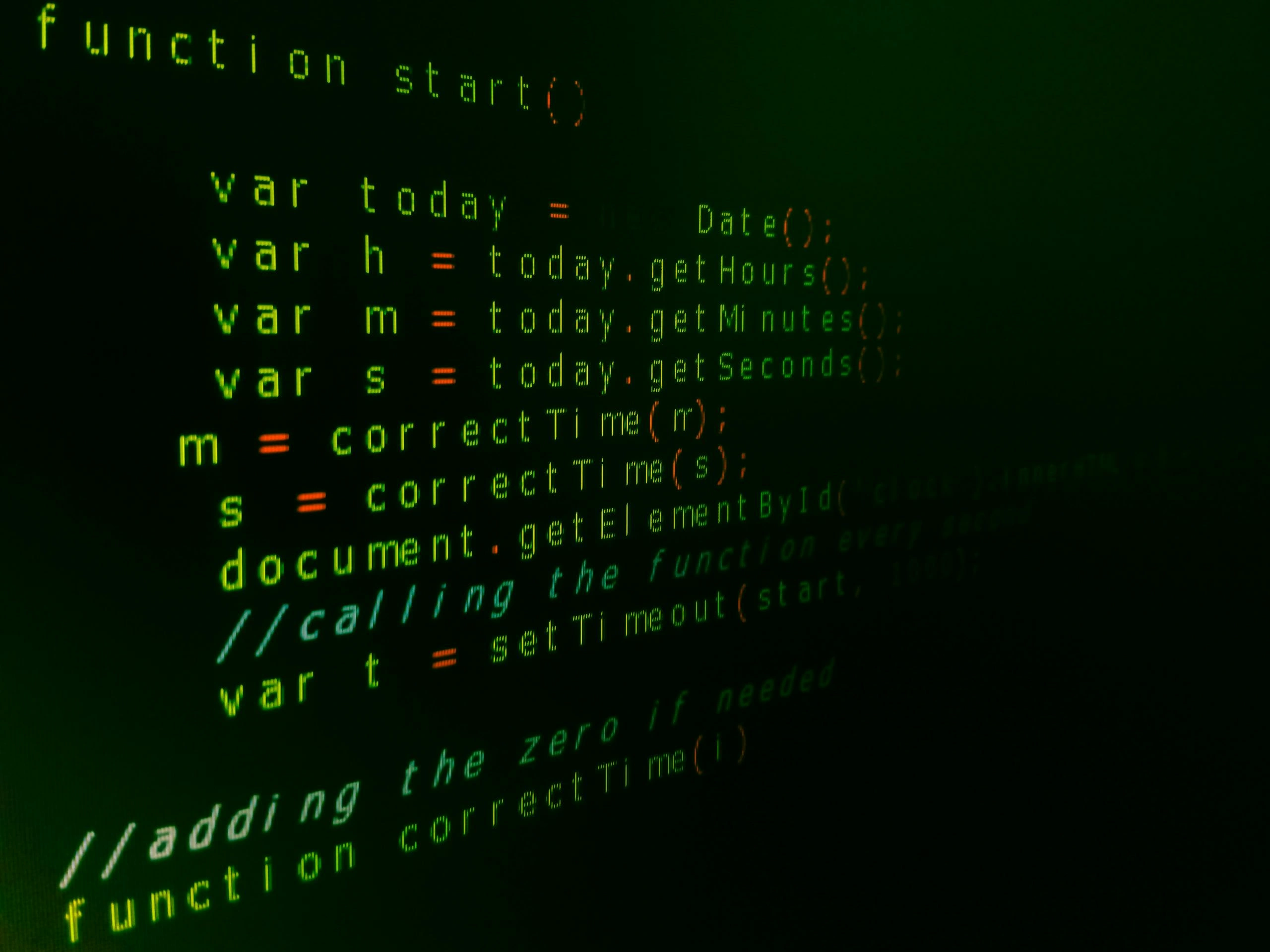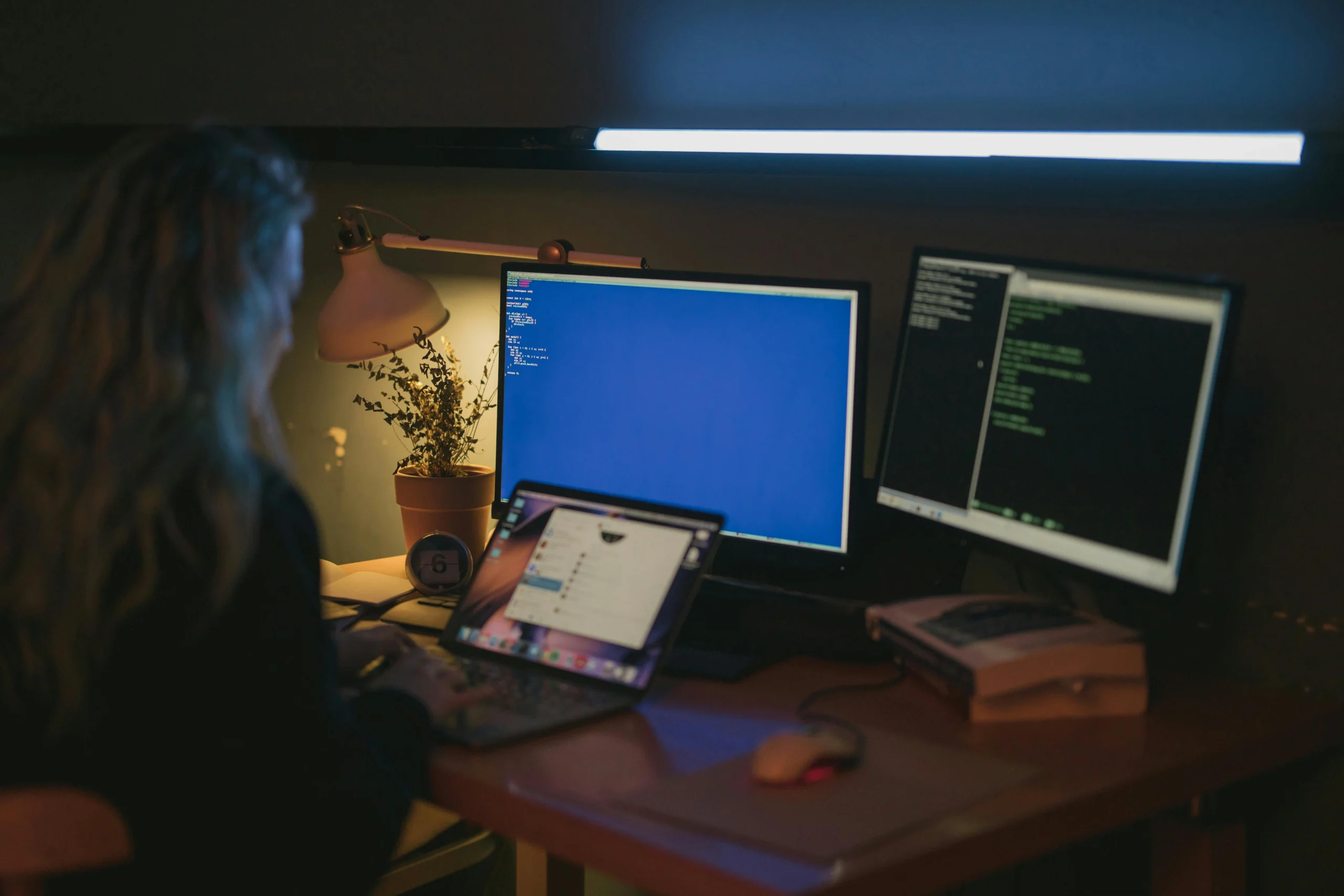The recent announcement by Stardust, a for-profit startup raising $60 million for solar geoengineering, raises significant concerns for researchers. They argue that private companies developing technologies to alter the climate may compromise scientific trust and lead to biased decisions influenced by profit motives rather than rigorous risk assessments. The researchers call for solar geoengineering to be managed through public, transparent efforts to ensure it serves the public interest and utilizes well-understood methods.
The concerns stem from the need for rigorous evaluation and public trust in climate intervention technologies. Scientists highlight the inherent risks associated with unregulated SRM methods—quote environmental impacts of past innovations show how unforeseen consequences can emerge. Without the transparency that public funding and oversight provide, the potential for financial interests to outweigh environmental and social considerations is great, diminishing trust in research outcomes. Thus, the collaboration between research and responsible governance is deemed essential, distinguishing it from profit-driven initiatives.
👉 Pročitaj original: MIT Technology Review






